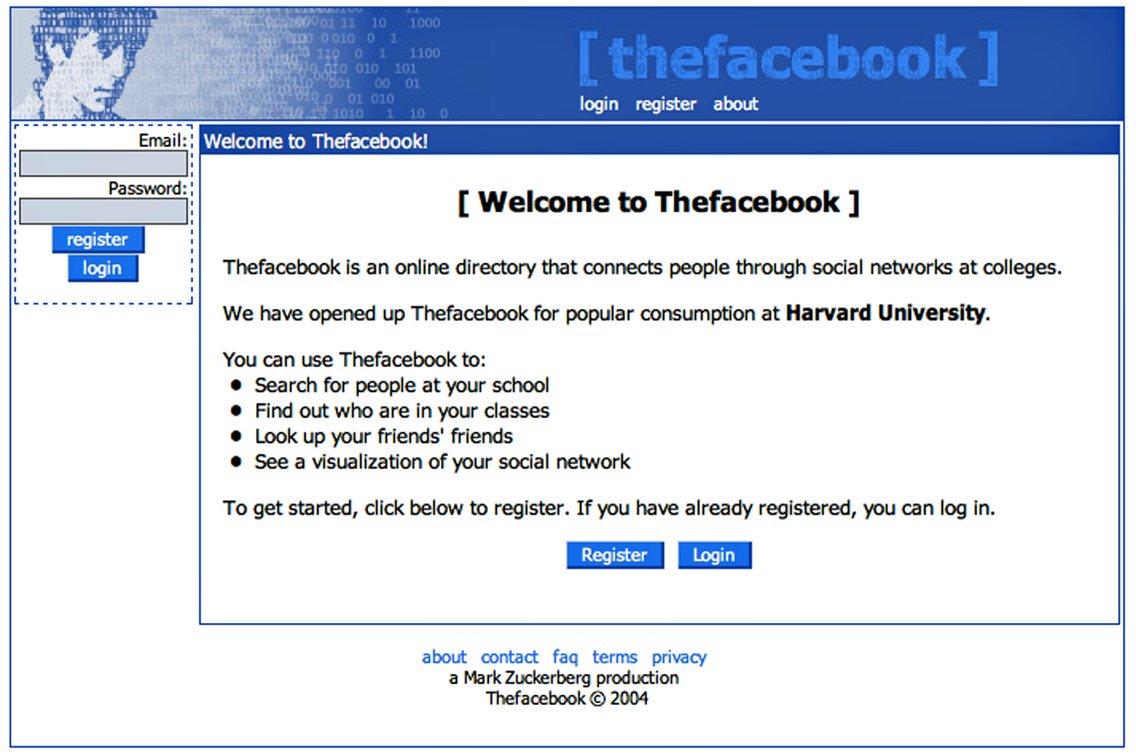0/ The latest @epicenterbtc podcast discussing #Tezos with @ArthurB and @breitwoman was fascinating. Here were some of the most compelling arguments they presented as well as some of the key highlights for me 👇🏽
1/ In a world where SC platforms use transactional throughput as a "mark of beauty", Tezos believes the best way to scale (for now) is with L2 solutions. They're still working on L1 upgrades, but this approach is a major departure from most SC platforms and IMO a refreshing view.
2/ The Breitmans don't agree with the narrative that scaling is holding dapps back from becoming successful. According to them, the reason that dapps haven't gone mainstream is due to product-market fit, plus the fact that decentralization is only useful in specific cases.
3/ Interoperability isn't as important it's made out to be because there aren't as many tradeoffs in blockchain design as altcoin developers would have you to believe. One network could easily absorb numerous use cases (e.g. storing value, payments, smart contracts).
4/ Tezos is the killer platform for high-value, low-expressivity applications that actually need decentralization. An example of this is Automated Escrow (i.e. tokens in a SC that go to certain parties depending on conditions). Huge market opportunities here (e.g. insurance).
5/ "One way to think about Tezos is [that] it's like Bitcoin but there's governance, there are some smart contracts, and there's Proof of Stake instead of Proof of Work." - @crainbf
6/ Tezos is not married to its consensus algorithm (although they are making improvements to it currently) and is actively looking at other algorithms. @ArthurB cited Tendermint and doing sortition in Tendermint (similar to DFinity) as two approaches he liked.
🍿
🍿
7/ @zcashco technology will soon be deployed to Tezos so that it can support private transactions.
8/ Re: on-chain governance attacks, @ArthurB is not concerned about manipulative attacks because, after a vote, there is ample time to realize and fork out of bad decisions (most people think the automatic client switch is instant after a vote, but there are built-in delays).
9/ It's much harder to get a new feature added using Tezos on-chain governance than people realize. First, you have to convince a prediction market that it's a good idea to have a vote in the first place. Then, you have to get more than 80% of the votes.
10a/ @ArthurB also describes the paradox of on-chain governance:
> Protocols with more flexibility are actually *harder* to change.
Example: Imagine a blockchain with a cultural taboo of making changes to it. If you make a change, people think it's a scam.
> Protocols with more flexibility are actually *harder* to change.
Example: Imagine a blockchain with a cultural taboo of making changes to it. If you make a change, people think it's a scam.
10b/ Since it is a blockchain -- inevitably something will come up that requires a hard fork.
When you hard fork, it becomes much easier to add in other features at that time since you're already hard forking anyways!
Attack surface actually *increases* in these systems.
When you hard fork, it becomes much easier to add in other features at that time since you're already hard forking anyways!
Attack surface actually *increases* in these systems.
10c/ On the other hand, when you have on-chain governance that provides a way (albeit an extremely difficult one) to get features added, it's no longer acceptable to add features during a HF. The network actually becomes more resilient to change!
11/ Tezos on-chain governance is also not one-size-fits-all. Different parts of the protocol can be placed in different modules, and then you can have different sets of rules for each module.
Example: You can't create more than 10% of tokens per year unless you get 95% of vote.
Example: You can't create more than 10% of tokens per year unless you get 95% of vote.
12/ Not the SC platform for democracy:
"The point of voting in governance is not to give everyone a voice. It's to make good decisions." - @ArthurB
"Governance is...a means to an end, and the end is a better way to incorporate new innovations into the blockchain." - @breitwoman
"The point of voting in governance is not to give everyone a voice. It's to make good decisions." - @ArthurB
"Governance is...a means to an end, and the end is a better way to incorporate new innovations into the blockchain." - @breitwoman
13/ A cryptocurrency won't win long-term because of better technology since blockchains are open source. Rather, it is (1) a strong core developer community who can identify and implement the best tech and (2) good governance that will be differentiators in the end.
14/ That's all I've got - hopefully my interpretations didn't butcher anything too badly. Also worth noting that @crainbf and @MeherRoy did an excellent job moderating the discussion!
If you'd like to check out the podcast for yourself, here it is:
soundcloud.com/epicenterbitco…
If you'd like to check out the podcast for yourself, here it is:
soundcloud.com/epicenterbitco…
• • •
Missing some Tweet in this thread? You can try to
force a refresh







